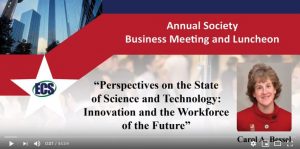 As ECS celebrates the 40-year-anniversary of its first female president, Joan Berkowitz, it is important to note that ECS has a tradition of showcasing women in the sciences at its meetings. Carol A. Bessel, acting division director at the National Science Foundation (NSF), was the highlighted speaker at the annual business meeting at the 235th ECS Meeting. Valerie Browning, director of the Defense Advances Research Projects Agency (DARPA)’s Defense Sciences Office (DSO), will deliver the ECS Lecture at the plenary session of the 236th ECS Meeting. If including, recognizing, and hearing women is critical to attracting and retaining talented women in the sciences, then Bessel and Browning are shining examples of women leading the way. (more…)
As ECS celebrates the 40-year-anniversary of its first female president, Joan Berkowitz, it is important to note that ECS has a tradition of showcasing women in the sciences at its meetings. Carol A. Bessel, acting division director at the National Science Foundation (NSF), was the highlighted speaker at the annual business meeting at the 235th ECS Meeting. Valerie Browning, director of the Defense Advances Research Projects Agency (DARPA)’s Defense Sciences Office (DSO), will deliver the ECS Lecture at the plenary session of the 236th ECS Meeting. If including, recognizing, and hearing women is critical to attracting and retaining talented women in the sciences, then Bessel and Browning are shining examples of women leading the way. (more…)
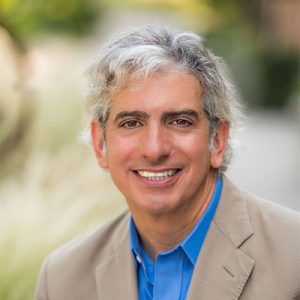 Christopher Jannuzzi, Executive Director and CEO of The Electrochemical Society (ECS), is featured in SciTech Europa Quarterly, a digital publication bringing together the key voices in the European scientific community and the leading trends in science, research and innovation. Jannuzzi describes the distinguished history of ECS, which was founded in 1902 and has grown to a society with over 8,000 members in 80 countries. The core mission remains the same: to advance theory and practice at the forefront of electrochemical and solid state science and technology, and allied subjects. However, with 13 electrochemistry and solid state science and technology divisions, the application—and vital significance—of electrochemistry has grown exponentially. The research published in ECS journals is of huge importance to the future of our planet. ECS makes it freely available to all readers—and free for authors to publish—through a bold and exciting open access initiative, “Free the Science.” Read the full article in SciTech Europa Quarterly now.
Christopher Jannuzzi, Executive Director and CEO of The Electrochemical Society (ECS), is featured in SciTech Europa Quarterly, a digital publication bringing together the key voices in the European scientific community and the leading trends in science, research and innovation. Jannuzzi describes the distinguished history of ECS, which was founded in 1902 and has grown to a society with over 8,000 members in 80 countries. The core mission remains the same: to advance theory and practice at the forefront of electrochemical and solid state science and technology, and allied subjects. However, with 13 electrochemistry and solid state science and technology divisions, the application—and vital significance—of electrochemistry has grown exponentially. The research published in ECS journals is of huge importance to the future of our planet. ECS makes it freely available to all readers—and free for authors to publish—through a bold and exciting open access initiative, “Free the Science.” Read the full article in SciTech Europa Quarterly now.
Dahn Unveils Million Mile Battery in Ground-breaking Article
Posted on September 25, 2019 by Frances Chaves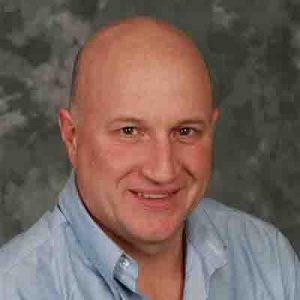 Elon Musk promised—and Jeff Dahn delivered! With the publishing of a ground-breaking paper in the Journal of The Electrochemical Society (JES), Dahn announced to the world that Tesla may soon have a battery that makes their robot taxis and long-haul electric trucks viable. Dahn and his research group is Tesla’s battery research partner. Dahn says “… that cells of this type should be able to power an electric vehicle for over one million miles and last at least two decades in grid energy storage.”
Elon Musk promised—and Jeff Dahn delivered! With the publishing of a ground-breaking paper in the Journal of The Electrochemical Society (JES), Dahn announced to the world that Tesla may soon have a battery that makes their robot taxis and long-haul electric trucks viable. Dahn and his research group is Tesla’s battery research partner. Dahn says “… that cells of this type should be able to power an electric vehicle for over one million miles and last at least two decades in grid energy storage.”
According to Doron Aurbach, JES batteries and energy storage technical editor, “This comprehensive article is expected to be impactful in the field of batteries and energy storage. It is a very systematic study by one of the most renowned and prestigious electrochemistry groups in the world. It was a pleasure for me as a technical editor to handle this paper. It substantiates all the statements about the truly high quality and importance of JES, one of the leading and most prestigious journals in electrochemistry. JES provides an excellent service to the global electrochemistry community—and thousands of ECS members—regardless of ‘impact factors.’” As of today, Dahn’s JES article has received over 31,563 abstract views, over 17,000 articles downloads, and quotes in news outlets around the world. (more…)
Deadline Extended for the Robert C. Haddon Research Award
Posted on September 24, 2019 by Frances Chaves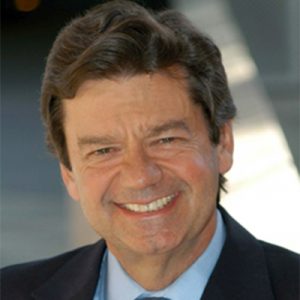 The new deadline is October 8, 2019.
The new deadline is October 8, 2019.
The Electrochemical Society Nanocarbons Division established the Award in 2018 to encourage excellence in nanocarbons research. The award recognizes individuals who have made outstanding contributions to the understanding and applications of carbon materials.
ECS invites nominations for the Robert C. Haddon Research Award of qualified individuals who have made outstanding achievement in, or scientific contribution to, the science of fullerenes, nanotubes and carbon nanostructures. The award consists of a scroll, a $1,000 prize, and assistance up to $1,500 to facilitate attendance at the award presentation. ECS has 13 electrochemistry and solid state science and technology divisions, each of which has robust awards and travel grant programs. (more…)
Conference Co-hosted by ECS Georgia Tech Chapter and ECS Georgia Section
Posted on September 19, 2019 by Frances Chaves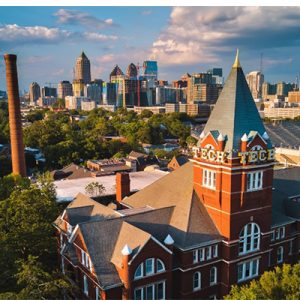 Join the ECS Georgia Institute of Technology Chapter and ECS Georgia Section for a free half-day conference featuring speaker William E. Mustain. Gather at Georgia Tech to share ideas, present work, and form new collaborations with graduate students and post doc researchers in the field of electrochemistry (including fuel cells, batteries, electrocatalysis, and bio-electrochemistry).
Join the ECS Georgia Institute of Technology Chapter and ECS Georgia Section for a free half-day conference featuring speaker William E. Mustain. Gather at Georgia Tech to share ideas, present work, and form new collaborations with graduate students and post doc researchers in the field of electrochemistry (including fuel cells, batteries, electrocatalysis, and bio-electrochemistry).
When: Friday, September 27, 2019
Schedule:
1000h | Check-in and Networking
1100h | Featured Talk
1200h | Lunch and Poster Setup
1245 h | Student Poster Contest
1430 h | Award Ceremony (more…)
 There are a number of ongoing projects at ECS that will help move the organization forward—specifically related to your experience as a member of our community.
There are a number of ongoing projects at ECS that will help move the organization forward—specifically related to your experience as a member of our community.
Late last week, ECS imported records from ECSxPress (the journal manuscript submission and peer review system), and Confex (the meeting abstract submission system) into ECS’s main database management system to make it easier to communicate with you via email.
If you didn’t already have an account in our main database, you now have access to the ECS My Account features: email communication preferences, tracking event participation, connecting your social media, adding your interests, and more. (more…)

“The Society could not help but to come into existence.”
– Joseph Richards, 1st ECS president
This spring, The Electrochemical Society will be 115 years old.
A 115th anniversary is not a milestone that normally warrants celebration but today, more than ever, we need to support science, scientists, and the core values that make our community strong.
For over a century ECS has adhered to the principles expressed by Joseph Richards, the Society’s first president, in the Transactions introduction from the Society’s first meeting:
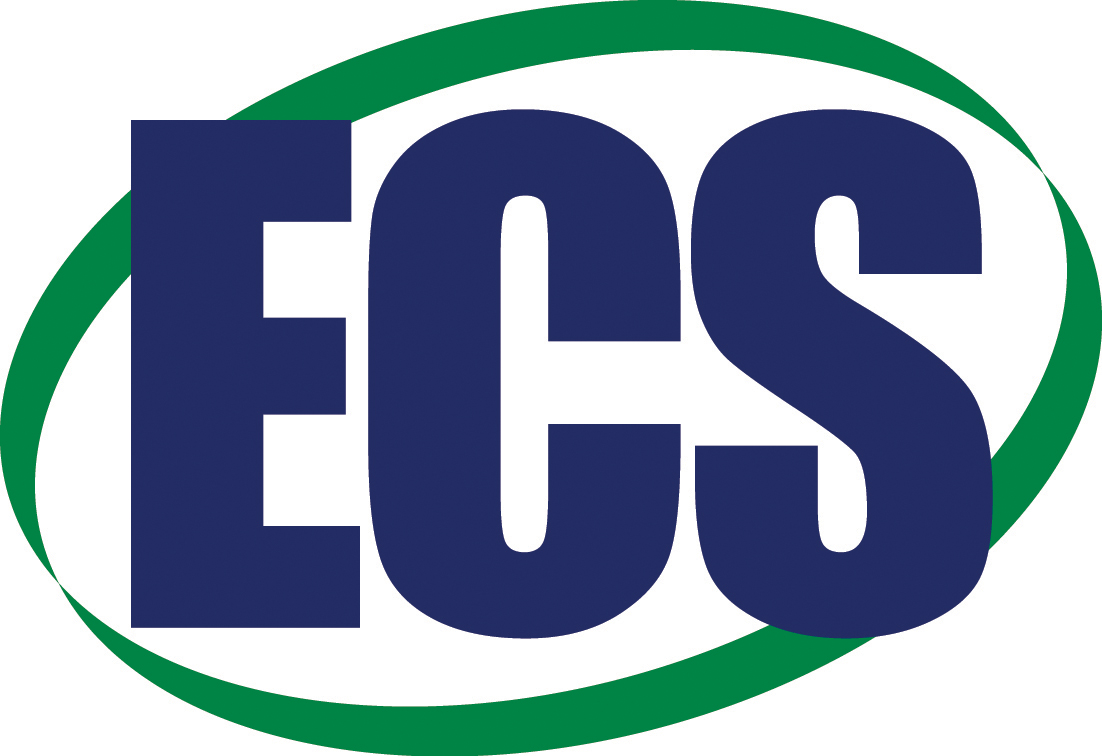 My name is Andrew Ryan. For the past eight months, I served as a Membership Services Intern at ECS under the direction of Beth Fisher. Though I worked on many different projects throughout my time at ECS, my primary contribution was writing membership related posts for the ECS website’s Redcat Blog. A great deal of the posts written over the course of the past eight months with the byline “ECS Staff” were written by me.
My name is Andrew Ryan. For the past eight months, I served as a Membership Services Intern at ECS under the direction of Beth Fisher. Though I worked on many different projects throughout my time at ECS, my primary contribution was writing membership related posts for the ECS website’s Redcat Blog. A great deal of the posts written over the course of the past eight months with the byline “ECS Staff” were written by me.
An English major who graduated from The College of New Jersey this past May, I was absolutely honored to have the opportunity to write for a website with such a thriving viewership. It was beyond fulfilling to be able to apply my passion for writing in a professional environment.
But ECS was more to me than a writing outlet. It was more to me than a desk job or a resume line. It was a truly, positively rewarding experience.
Let me tell you why.
ECS and Toyota North America Announce 2016-2017 Fellowship Winners for Projects in Green Energy Technology
Posted on July 15, 2016 by Amanda Staller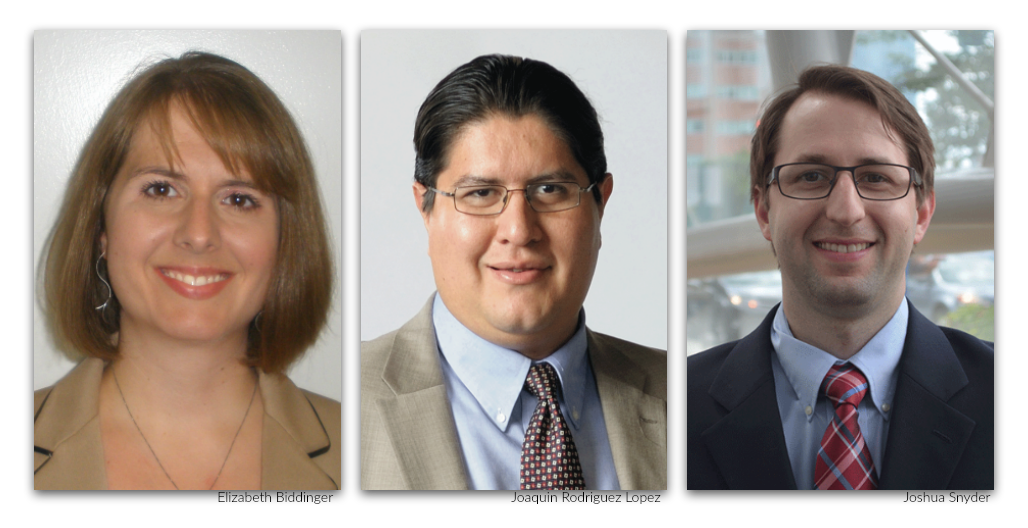
From left to right: Elizabeth Biddinger, City College of New York; Joaquin Rodriguez Lopez, University of Illinois at Urbana-Champaign; Joshua Snyder, Drexel University
The ECS Toyota Young Investigator Fellowship Selection Committee has selected three recipients who will receive a minimum of $50,000 each for fellowships for projects in green energy technology. The winners are Professor Elizabeth Biddinger, City College of New York; Professor Joaquin Rodriguez Lopez, University of Illinois at Urbana-Champaign; and Professor Joshua Snyder, Drexel University.
The ECS Toyota Young Investigator Fellowship, a partnership between The Electrochemical Society and Toyota Research Institute of North America (TRINA), a division of Toyota Motor Engineering & Manufacturing North America, Inc. (TEMA), is in its second year. A diverse applicant pool of more than 100 young professors and scholars pursuing innovative electrochemical research in green energy technology responded to ECS’s request for proposals.
“Scientists and engineers seek to unveil what is possible and to exploit that knowledge to provide solutions to the myriad of problems facing our world,” says ECS Executive Director Roque Calvo. “We are proud to have the continued support of Toyota in this never ending endeavor to uncover new frontiers and face new challenges.”
The ECS Toyota Young Investigator Fellowship aims to encourage young professors and scholars to pursue research in green energy technology that may promote the development of next-generation vehicles capable of utilizing alternative fuels.
Global development of industry and technology in the 20th century increased production of vehicles and the growing population have resulted in massive consumption of fossil fuels. Today, the automotive industry faces three challenges regarding environmental and energy issues:
(1) Finding a viable alternative energy source as a replacement for oil
(2) Reducing CO2 emissions
(3) Preventing air pollution
For organizations interested in expanding their networks within corporate, academic, governmental, and scientific spheres, ECS offers an advantageous alternative to individual membership. 
Institutional membership with ECS admits your organization into an elite group of scientists, academics, and professionals. It gives your organization access to the vast arrays of information, people, and breaking research that ECS has to offer.
Moreover, institutional membership secures your organization’s place within an ever expanding, collaborative network of innovative thinkers and member organizations.
Want to get a better sense of the scope of this growing network? Check out our list of current institutional ECS members!
To accommodate the varied needs of prospective institutional member organizations, ECS offers five different levels of institutional membership. Each level has its own distinct set of benefits and discounts. Select the level of institutional membership which best suits your organization!


